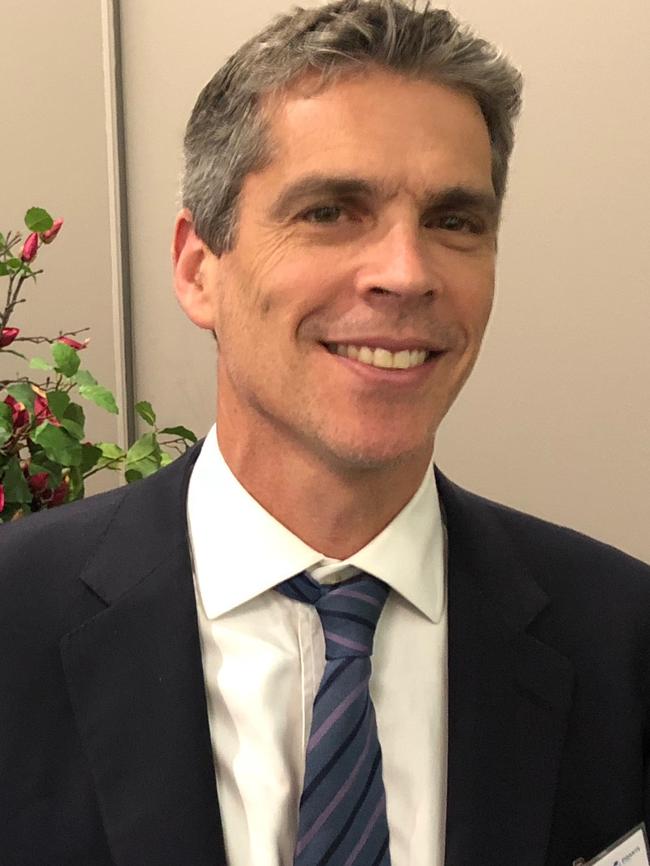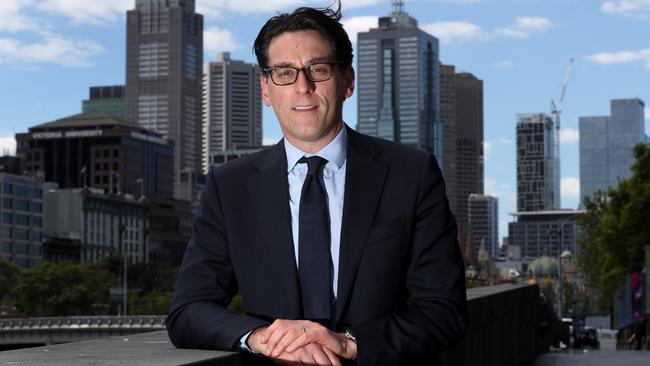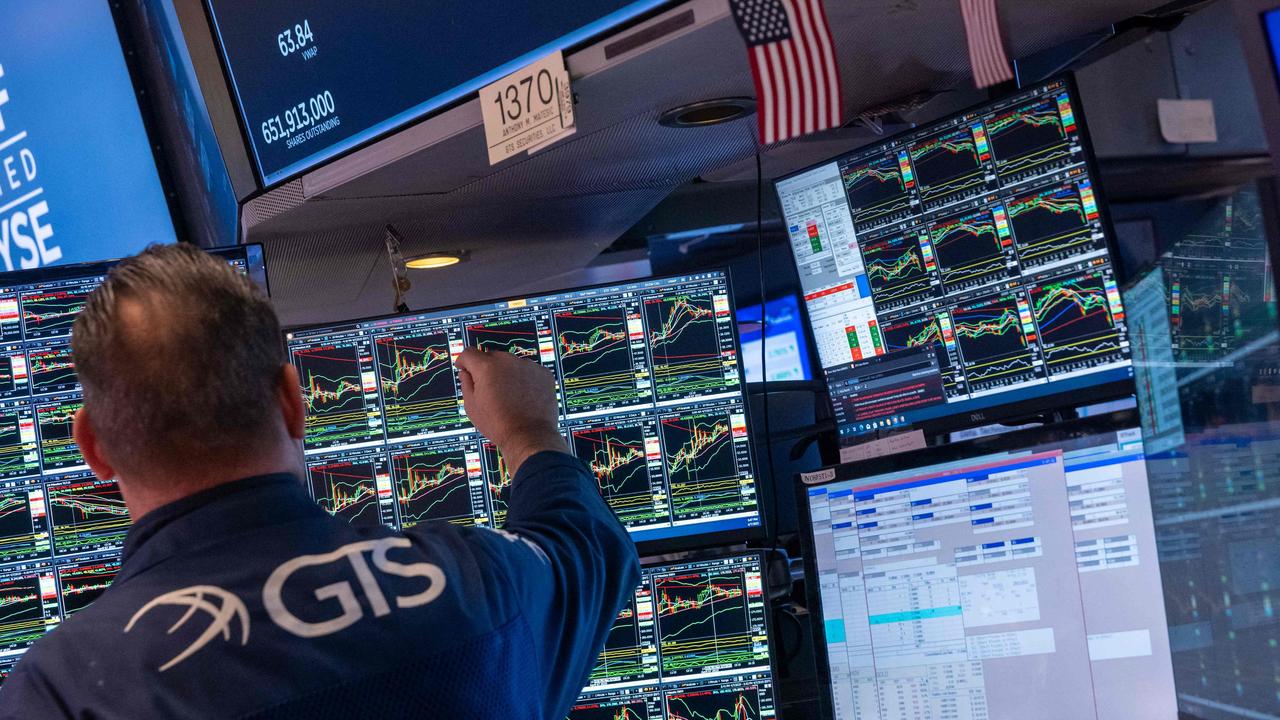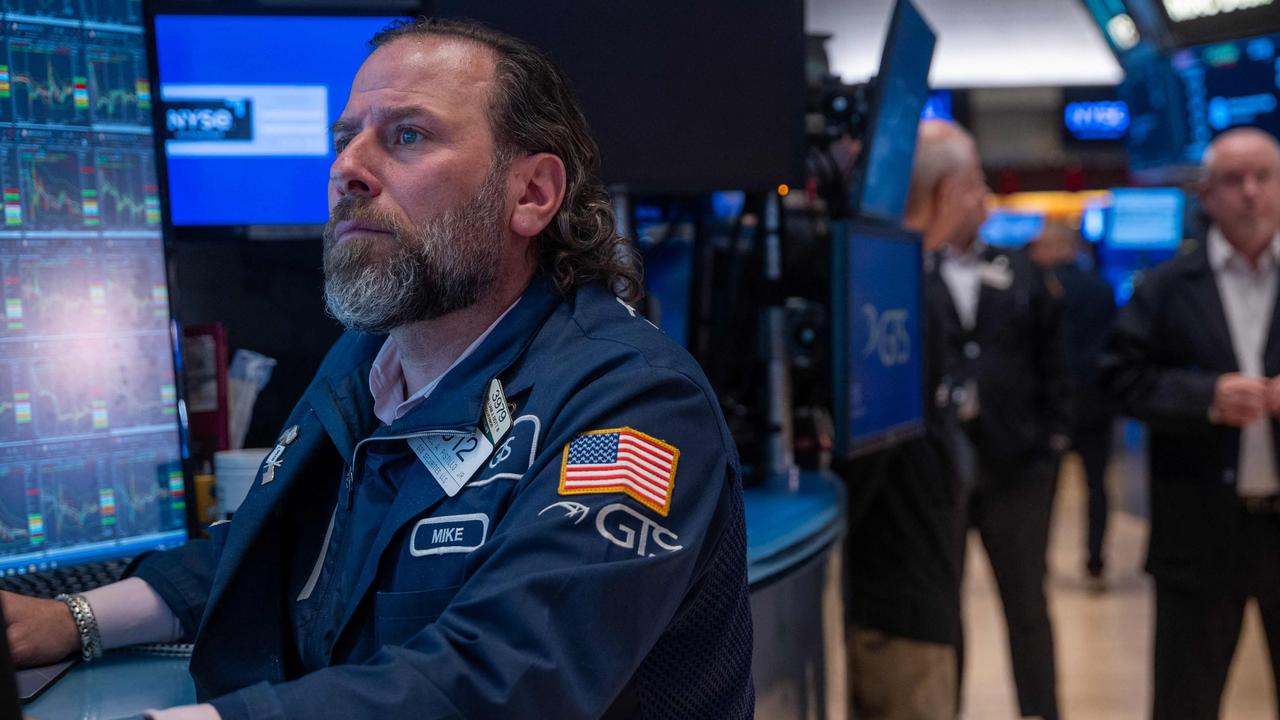
These are: A long-term focus on growth; finding value by running against the crowd; and backing companies with strong cashflows.
While this formula might deliver volatility from year to year, over time it has paid off.

Neil Margolis has built the $1bn Merlon Capital Partners around challenging convention. As lead portfolio manager, his Australian share fund was the top performer last financial year, according to figures from funds tracker Mercer.
Merlon’s concentrated value fund returned 26.5 per cent, significantly outperforming the broad S&P/ASX 300 which delivered 14.8 per cent in the year to end June.
Over five years Merlon’s performance ranks inside the top 10 Australian share funds. The median of Australian share funds over the past financial year was 14 per cent, and
Margolis’ fund is full of out-of-favour stocks that have proven to deliver strong returns over time. This covers names like AGL, AMP, Westpac and Santos.
Merlon’s best performers over the past year were AGL, Insurance Australia Group, News Corp, BHP and Aurizon.
Margolis tells The Australian his fund operates under a simple philosophy: “We believe people are motivated by short-term outcomes, they overemphasise recent information and are uncomfortable having unpopular views.
“If you believe behavioural bias is at play in markets, which is really people over-extrapolating the good and the bad, then we are value investors looking to capitalise on that.”
To screen stocks, Margolis hones in on the free cash flow that companies generate (the cash left over after all expenses), rather than using accounting earnings which can often be the focus of the market. This measure has time and time pointed to the idea of “quality businesses”, he says. He also looks at a valuation range rather than a single valuation point. This oversold to overbought measure is a big indicator over whether people have become too bearish or bullish on a stock.
In the last month, Margolis has added Star Entertainment and Bank of Queensland to his fund, with plenty of bad news priced into the stocks. However both have lots of underappreciated cash flows.
“To capitalise on others’ behavioural bias you need to value stocks consistently, rigorously and focus on the cash flows and you will identify the ones where the market is becoming too pessimistic”.
‘Opportunities’
Dion Hershan’s Yarra Capital Management is another top performer over the past financial year, its Australian Equities fund delivered 22.4 per cent. That puts it equal second with fund manager Hyperion’s Australian Growth Fund. Yarra’s 14.7 per cent return over three years has outperformed 11.1 per cent of the S&P/ASX 300 over the same period.
“Great opportunities present themselves when markets get dislocated,” says Hershan, Yarra’s head of equities. “When there’s uncertainty and when there’s when markets become very short term, and people become very impatient. That creates opportunities”.
Currently Yarra has key stakes in accounting software play Xero and data centre operator NextDC.

Yarra Capital Management moved quickly during the massive technology sell off as interest rates expectations were being redrawn over the years. The selldown hit businesses that Hershan considered in a strong position. All that changed was their valuation – not their businesses, he points out.
Elsewhere Yarra has strong positions in the insurance sector (Insurance Australia Group) given he believes the sector is “economically insensitive” and benefited from rising interest rates. His fund also picked up gold stocks during a moment of temporary weakness in the sector.
Significantly Hershan says he is actively repositioning the portfolio including being a buyer of real estate investment trusts – which are deeply out of favour given their exposure to office towers and shopping malls.
“The sky is not falling, the economy is going to be tricky, but there’s a lot of resilience in parts of the economy, we want to be positioned around that”.
Elsewhere he has exited Qantas, after moving into the airline early through Covid. He believes the recent surge in profits has now peaked as more capacity returns to the aviation market.
Hershan says his team are not thematic investors. “We are classic stock pickers. And I take some encouragement from (the stocks) are all in different sectors and purchased for different reasons”.
‘Deflation’
Hyperion’s chief investment officer Mark Arnold says a hostile environment for equities during 2022 from the inflation breakout and associated bond yield surge delivered an unavoidable hit to Hyperion’s tech-skewed portfolio, but he kept the faith. The Yarra Australian Equities fund is also a leader over the long term, delivering 11.4 per cent over five years, giving it a top two position in the Australian market.
“We always believed the short-term underperformance in our portfolios last year was temporary and non fundamental,” Arnold says.
And this period where “high-quality structural growth stocks” were hit with substantial selling pressure now appears to be behind us.

Arnold’s long-term themes are built around disinflationary pressures. This will come about from declining population growth rates, high debt levels and disruptive new technologies including AI and robotics.
This means he targets “quality structural growth companies’ ‘, but particularly those where the market isn’t yet vaulting them to their full potential. His portfolio is full of stocks that he says deliver sustainable long-term return on capital, low financial gearing and high cash flows. These are companies that generally grow by taking market share and they are less reliant on growth in the economy.
Hyperion also exploits a time arbitrage, that is Arnold believes the market is only focused on medium term growth at best and assumes there is a “fade” in annualised sales and earnings growth over time.
Logistics software player WiseTech here is a standout in Hyperion’s Australian fund. WiseTech dominates freight forwarding software, where there is limited competition and has a strong geographic footprint. Hyperion is still tipping double digit returns for WiseTech over the long term. Australian-US listed payments play Block is also among Hyperion’s biggest holdings. Arnold says the market is “underestimating the long-term revenue and profit growth potential” of Block, particularly around its CashApp mobile payment service.
Other stocks in Hyperion’s Australian portfolio include accounting software play Xero, which is well placed for the economy to transition to more gig-style working. Xero also has more discipline under a new CEO. Other stocks such as listings groups REA Group and Carsales.com have high usage and strong data platforms and they are also using machine learning and AI in their proposition.
Elsewhere Hyperion sees significant opportunity in healthcare this includes stocks ResMed, Cochlear and CSL each have a strong position in their respective markets compared to their nearest competitor. Shares that Hyperion picks have “robust fundamentals with high and sustainable returns on capital, low financial gearing and the ability to produce positive free cash flows,” Arnold says.




It was the fightback of the big corporate names that helped Australian stock pickers put a horror 2022 behind them and deliver double digit returns in the financial year just past. And with the inflation bubble the driver of broad sentiment, the top fund managers operate around three broad themes when it comes to finding shares that outperform.